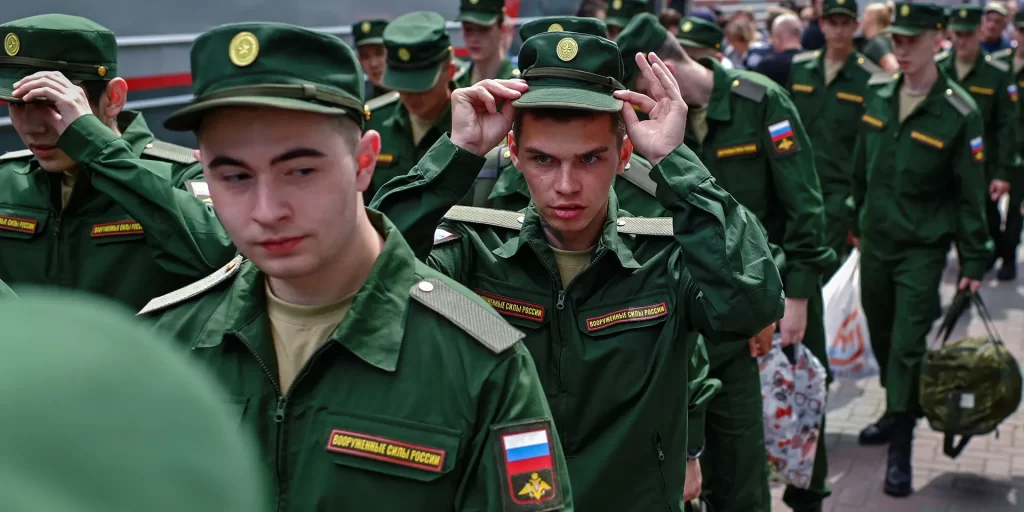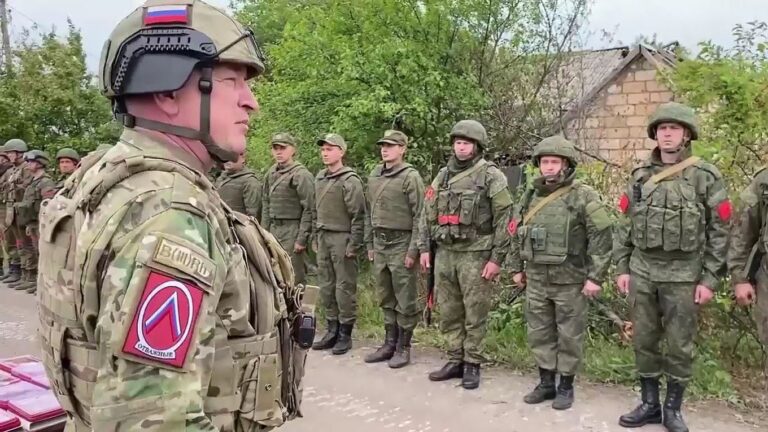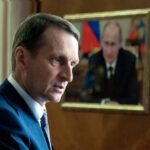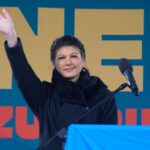The Kremlin is reportedly discussing another wave of mobilization, potentially set to begin in September this year. This topic is gradually becoming less contentious among the so-called Politburo, the current decision-makers in Russia.
Previously, a group of experts associated with the Security Council, which enjoyed the trust and backing of Nikolai Patrushev, staunchly opposed mobilization. They argued that such a move would heighten social tensions in a society already weary of the war. The Kremlin leadership has failed to meet the social contract with Russian society, where the populace has ceded their rights and freedoms to the leader in exchange for an illusion of security and stability. Despite Putin’s re-election, the Kremlin has not only failed to conclude the war but has also allowed it to spill over onto Russian territory. The lack of accountability for the failure of the Russian military operation undermines Putin’s authority as an unjust leader who cannot punish the guilty due to corrupt ties with the military leadership.

However, in recent weeks, pressure from the military bloc has intensified, with attempts to persuade opponents that altering the situation on the front lines requires the conscription of an additional 700,000 troops. Ukraine’s operation in the Kursk region likely influenced the shift in Nikolai Patrushev’s stance and that of his group. The Russian Ministry of Defense has convinced the Politburo that the current shortage of arms is secondary to the deficit in manpower. This assessment suggests that after the next wave of mobilization, the General Staff will intensify the use of “meat grinder” tactics, with any increase in troop numbers resulting in only temporary gains due to rising casualties. A new wave of mobilization without sufficient arms is futile and will only lead to greater losses without achieving meaningful results. Our estimates indicate that the Kremlin plans to draft 500,000 people between September and November, coinciding with the U.S. presidential elections. An additional 200,000 may be conscripted in the first two months of 2025. However, this decision has not yet been finalized due to economic concerns. Continued mobilization would exert pressure on the country’s economy and financial system. A new phase of mobilization during the U.S. election period would be a clear escalation and a demonstrative rejection of diplomatic negotiations. The increase in Russian troop numbers would necessitate the introduction of new sanctions. At the same time, we cannot rule out that Moscow may refrain from launching military operations in other regions of Europe during this period, which underscores the need to strengthen sanctions under such a scenario. The preliminary consensus within the Politburo on mobilization casts doubt on the stance of some members who advocate for ending the war, as it is unlikely that mobilization will guarantee success on the front lines.




